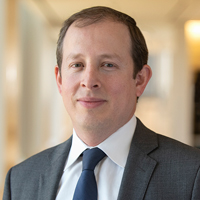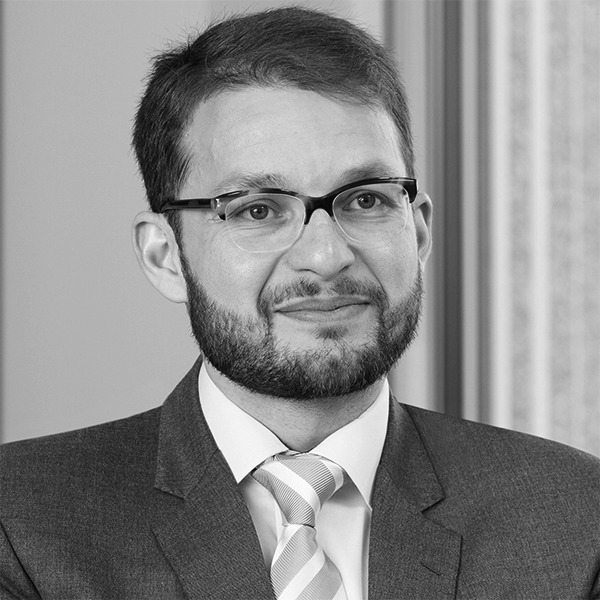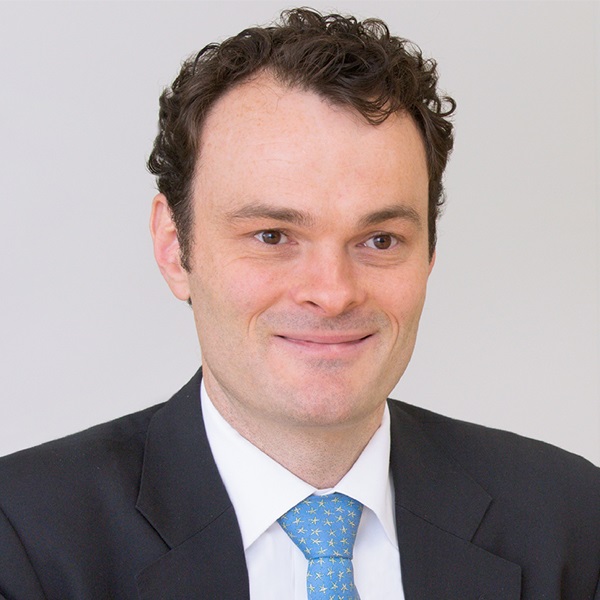Fixed Income
Long-Term Investing
- Rembrandt’s masterpiece, “The Night Watch” is the inspiration for a multidisciplinary research team at Capital Group that seeks to gain a deeper understanding of market disruptions, assessing the risks and evaluating the opportunities that arise during times of extreme crisis.
- While the group has been focused on COVID-19, they are also looking beyond the pandemic, building potential scenarios covering the next 5 years.
What is the Night Watch?
Our Night Watch team was formed in the aftermath of the 2008–09 global financial crisis to engage in scenario planning around severe recessions. It brings together a group of researchers that evaluates macro events on a very deep level, helping the investment group to understand the risks, and ultimately to act on the long-term investment opportunities that often emerge during times of crisis.
The topics covered within the group can be very broad, differentiated and complex and can impact multiple asset classes across all our investment groups. There's often a very wide range of outcomes that can change very rapidly depending on incoming data, government policy response and politics.
Because of the way we're structured, Capital Group does not have a house view. And this isn't the house view. It's a common language and a process for all of our different investors to look at problems. The Night Watch doesn’t make investment decisions on its own, but it helps inform the decisions of the larger organisation. The ultimate goal is to help our analysts and portfolio managers to gain a better understanding of potential outcomes and create the opportunity to make better investment decisions.
What were some of the lessons you learned from the Global Financial Crisis and how did that inform the team's approach to the Night Watch?
During the Global Financial Crisis we began to recognise that across our investment group, individuals were seeing different parts of the problem, whether it be the structured products people in fixed income or analysts covering small cap banks. We found that putting all the pieces of the puzzle together was problematic.
The Night Watch allows us as a broad group of individuals to share multiple views on each problem, have a wide range of beliefs and political views and still be collegial in how we approach investing.
We have a great responsibility to our shareholders to understand market disruptions and the way we go about this within the Night Watch is to think through the different scenarios and the potential investment implications. Planning for various outcomes without judgement helps the investment team think about the implications for their portfolios and essentially avoid confirmation bias in their work. In thinking about some of scenarios before they happen, this helps prepare our analysts and portfolio managers to emotionally deal with them when they when they do occur and then be able to use that effectively in their work.
Why focus on scenario planning and how does it work?
Predictions tend to be binary and two dimensional whereas scenario planning provides a more multi-dimensional picture of the world. Scenarios are stories about what the future may look like created through a structured process that helps us to stretch our thinking, challenge our traditional assumptions and drive better decision making. It is a very deliberate step-by-step exercise completed over months of cross examination.
We approach this work with humility and an understanding that we can't predict the future. Our scenario framework itself is not exhaustive and it's not designed, nor can it completely capture all aspects of the issues that we may be looking at. But the reality is that our world is far more complex than a simple two-by-two matrix can possibly encompass, and scenarios are a way to frame critical uncertainties about the future as a starting point for a deeper look.
Risk factors you should consider before investing:
- This material is not intended to provide investment advice or be considered a personal recommendation.
- The value of investments and income from them can go down as well as up and you may lose some or all of your initial investment.
- Past results are not a guide to future results.
- If the currency in which you invest strengthens against the currency in which the underlying investments of the fund are made, the value of your investment will decrease. Currency hedging seeks to limit this, but there is no guarantee that hedging will be totally successful.
- Depending on the strategy, risks may be associated with investing in fixed income, derivatives, emerging markets and/or high-yield securities; emerging markets are volatile and may suffer from liquidity problems.
Our latest insights
-
-
-
Long-Term Investing
-
-
European Equity
Hear from our investment team.
Sign up now to get industry-leading insights and timely articles delivered to your inbox.
Past results are not a guarantee of future results. The value of investments and income from them can go down as well as up and you may lose some or all of your initial investment. This information is not intended to provide investment, tax or other advice, or to be a solicitation to buy or sell any securities.
Statements attributed to an individual represent the opinions of that individual as of the date published and do not necessarily reflect the opinions of Capital Group or its affiliates. All information is as at the date indicated unless otherwise stated. Some information may have been obtained from third parties, and as such the reliability of that information is not guaranteed.
 Jared Franz
Jared Franz
 Talha Khan
Talha Khan
 Julian Abdey
Julian Abdey